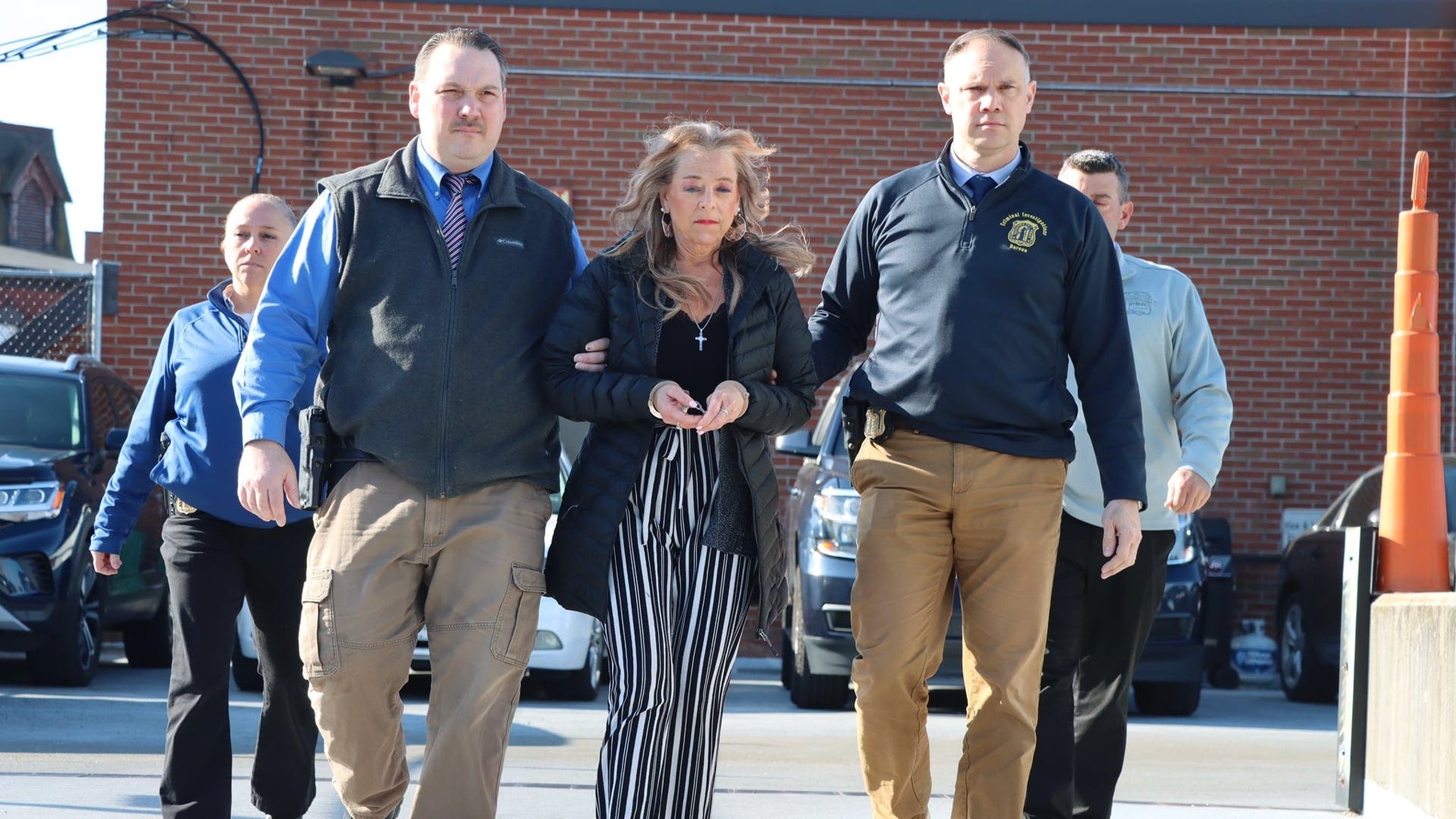A Connecticut stepmom, an emaciated 32-year-old and why her arrest shocked the community

A sudden house fire. An emaciated man. A community in shock.
These are just some of the disturbing details that have emerged out of Waterbury, Connecticut, where a woman allegedly held her stepson captive for over two decades.
Last week, Kimberly Sullivan, 56, was charged with assault in the first degree, kidnapping in the second degree, cruelty to persons, unlawful restraint in the first degree and reckless endangerment. The charges came after her 32-year-old stepson told detectives he started a fire in her home as a means to escape. "Detectives determined that the victim had been held in captivity for over 20 years, enduring prolonged abuse, starvation, severe neglect, and inhumane treatment," Waterbury police said in a Facebook post.
Sullivan's attorney Ioannis Kaloidis has told Paste BN that Sullivan is innocent.
"She's never been in trouble. She's never harmed anyone," Kaloidis said. "She denies these allegations, and I would just ask people not to rush to judgment here. We're confident as the facts come out, she will be vindicated."
The details of the case are grisly and disturbing. They also beg an important question: How can horrors like the ones alleged here persist for so long without intervention? How can a situation this dire go unnoticed by so many people?
Psychologists say that, unfortunately, it's not uncommon for abuse to persist for so long. After all, the default for many people is not to intervene and assume everything's OK, even when things do seem amiss.
The allegations in this particular case, they say, point to deeper issues with the systems meant to protect children in this country and show how difficult the signs of trouble can be to spot.
"The U.S. has a real overarching cultural emphasis on independence, personal autonomy and privacy," psychotherapist Philip Lewis says. "That can really come in conflict with communal responsibility. It can discourage people from taking action in situations where they might feel like they're invading someone's privacy or overstepping boundaries."
Why did no one notice?
The abuse allegedly started when he was 11. Police said the stepson was found in a "severely emaciated condition" and that he had not received medical or dental care throughout his captivity. ABC News and NBC News report the stepson is 5'9" and weighed 68-pounds when authorities found him.
After a fire broke out at Sullivan's home last week, the stepson was found by first responders. He told the responders he intentionally set the blaze in his upstairs room using a lighter, hand sanitizer and paper. "I wanted my freedom," he told police.
Members of the Waterbury community have expressed shock at the story, with locals telling NBC News they had no idea these alleged horrors were happening right in their own neighborhood.
"I was right by here this whole time, and he was going through that suffering," Zeffery Guarnera, of Waterbury, told NBC Connecticut on Thursday. "It's heartbreaking. I just hope he'll be OK."
Psychotherapist Stephanie Sarkis says it's hard for people to accept that abuse can happen anywhere − and that anyone can be an abuser or a victim.
People also may be used to hearing horrific stories like this on the news, but Sarkis says it's much harder for them wrap their heads around the fact these situations can also occur in their own communities. Abusers can also be highly skilled at covering up what's happening, she adds.
"Some people are very adept at covering up what they're doing, and they will threaten the victim," Sarkis says. "They will keep the victim isolated, won't allow them any outside contact."
When people did try to intervene, systems that should have helped the stepson failed him. The stepson's former principal said the then-child's elementary school told authorities that administrators suspected mistreatment years ago.
"We knew it. We reported it. Not a damn thing was done," Tom Pannone, the former principal of the now-closed Barnard Elementary School in Waterbury, told WNBC. "That's the tragedy of the whole thing."
By and large, Lewis says, most people rely on authorities to do their jobs.
"People, for better or for worse, tend to trust in their institutions," Lewis says. "They expect that law enforcement, schools and social services, they're going to be doing their jobs, which most of them do incredibly well. But no human can do things 100 percent. And so victims are going to fall through the cracks."
What signs of abuse may look like
Abuse can take many forms and can be difficult to spot. Still, it's important for people to do their best to keep an eye out for it − and not be afraid to intervene if they sense something's wrong.
Marriage and family therapist Erik Anderson says signs of abuse can include marks and bruises on someone's body, unexpected injuries or suspicious absences from work or school.
He adds it's also important to remember that many abusers can put on a charming front to onlookers. Seeing past this façade and looking for markers of things out of the ordinary, he says, is crucial.
Unfortunately, many signs of abuse may only be clear in hindsight. People often feel immense guilt for missing them.
"It's normal for people to blame themselves," Sarkis says. "It's very normal for people in the neighborhood to feel guilt and to feel responsible, even though it's not their fault. … It's also hard for our brains to go to that place where that would be possible."
Contributing: Jonathan Limehouse and Amaris Encinas, Paste BN